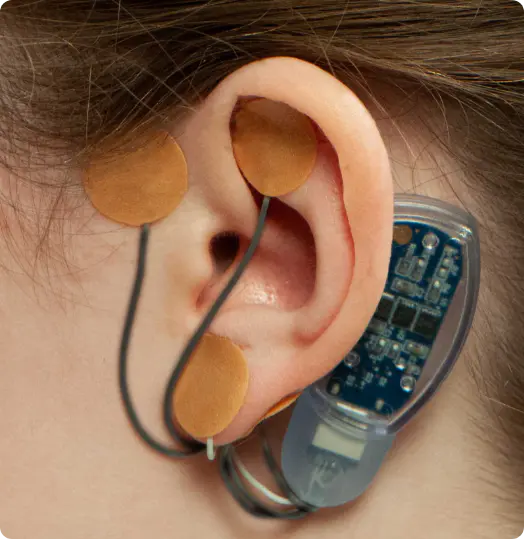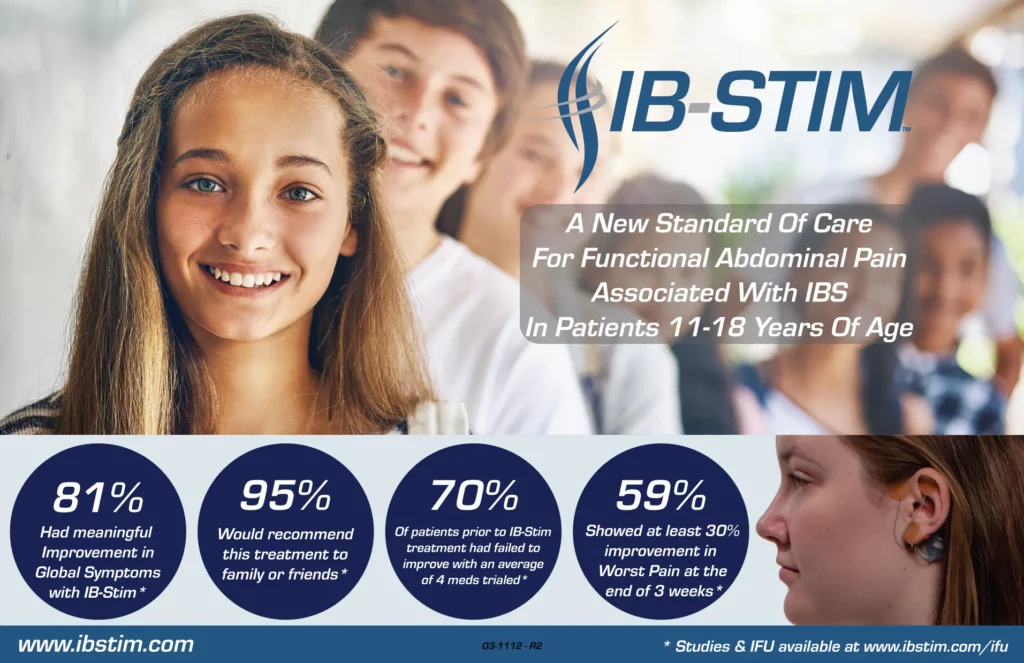GI Disorders: Children
Exploring the Causes of Abdominal Pain in Young Patients
Abdominal pain in children can stem from a multitude of causes, including infections, food intolerances, and autoimmune disorders. The pain’s location often hints at its origin. However, due to the myriad of potential causes, pinpointing the exact issue can be challenging. The gastrointestinal (GI) tract’s enteric nervous system, highly responsive to stress, can trigger symptoms independent of emotional distress. Dr. Cherry sheds light on this complex relationship in her YouTube presentation, which can be accessed here: Dr. Cherry’s Talk on the Enteric Nervous System. She specializes in treating pediatric patients who continue to experience abdominal discomfort despite normal test results or when stress is a contributing factor. If your child faces persistent abdominal pain, even after other conditions have been excluded, contact Deep Well Health Care for a consultation.
Pediatric Approaches to Treating Abdominal Pain
Dr. Cherry’s holistic methodology in treating GI issues in children includes a thorough review of medical histories and health assessments. She collaborates with your child’s healthcare providers, offering treatment plans and dietary modifications. Her treatment may involve hypnotherapy and botanicals as drug-free alternatives for alleviating abdominal pain. While Deep Well Health Care does not conduct endoscopic or colonoscopic procedures, they offer comprehensive integrative solutions for managing abdominal pain. Schedule an appointment to explore these treatment options further.
Understanding Irritable Bowel Syndrome in Children
IBS in children is a variable intestinal disorder influenced by factors like the intestinal lining, nervous system, diet, and environmental stressors. Though not life-threatening, it significantly affects life quality. Nutrition, lifestyle modifications, and mind-body therapies, including hypnosis, can effectively manage IBS symptoms. Supplements, acupressure, and medications are also viable options. IB-Stim, the only FDA-approved device for chronic abdominal pain, may also be recommended. If your child struggles with IBS, Dr. Cherry can assist with various treatment strategies.
Recognizing IBS Symptoms in Young Patients
Common indicators of IBS in children include abdominal pain, altered bowel movements, bloating, and changes in frequency and appearance of bowel movements. Accompanying symptoms might include increased gas and mucus in stools. Since these symptoms are not exclusive to IBS, Dr. Cherry may recommend tests to rule out other conditions like celiac disease. If your child has not undergone such testing, it may be a necessary step for an accurate diagnosis.
Hypnotherapy's Role in Managing Pediatric IBS
Dr. Cherry employs hypnotherapy for IBS in children, utilizing imagery and suggestions to modify the GI responses, easing discomfort and improving bowel regularity. This treatment typically involves several sessions and at-home practice with recordings. It may be combined with botanicals and dietary changes. To explore hypnotherapy for your child’s IBS, schedule an appointment with Deep Well Health Care.
IB-Stim for Pediatric IBS
Introducing IB-Stim: A Revolutionary Device for IBS Pain in Children

IB-Stim represents a groundbreaking advancement as the first FDA-approved device for pediatric abdominal pain treatment, showing significant symptom improvement in clinical studies. It’s a non-invasive, ear-attached nerve stimulator designed for 11-18-year-olds with IBS.

The Functioning of IB-Stim. IB-Stim targets the ear’s nerves, connected to the digestive system, potentially easing IBS symptoms like abdominal pain and bloating.
Ideal Candidates for IB-Stim. IB-Stim is specifically for pediatric patients aged 11-18 diagnosed with IBS and who have not benefitted from traditional treatments.
Using IB-Stim. A healthcare professional attaches the IB-Stim device to the earlobe, where it’s worn for several weeks, delivering gentle electrical pulses.
Benefits and Considerations of IB-Stim. IB-Stim can reduce IBS symptoms without medications or invasive procedures. It’s generally safe but may cause minor discomfort or skin irritation. It’s important to use IB-Stim under medical supervision, especially for those with pacemakers or other conditions. Effectiveness varies, and improvements might take weeks to manifest.
Obtaining IB-Stim. IB-Stim is prescription-based. Consult with Dr. Cherry to see if it’s a suitable treatment for your child’s IBS.
Understanding Constipation in Young Patients
Constipation typically leads to dry, hard stools and difficult bowel movements. However, sometimes constipation can be more subtle, with incomplete emptying of stool even though a child is having a daily bowel movement. Classic symptoms include hard stools, pain during bowel movements, bloating, incomplete bowel emptying, rectal bleeding, frequent urination, and stool leakage. Sometimes, the only symptoms are abdominal pain, nausea, or bedwetting.
Causes and Treatment of Pediatric Constipation
Constipation in children can arise from a wide range of causes including dietary sensitivities, intestinal irritation, and musculoskeletal problems. Dr. Cherry offers individualized treatments addressing these causes. Depending on the root cause, treatments can include dietary changes, medications, supplements, or physical therapy. Dr. Cherry collaborates with you to find the most effective approach. To learn more, schedule an appointment at Deep Well Health Care.
The Spectrum of Problem Eating in Children
Problem eating in children ranges from overeating to restrictive diets. In addition to difficulties with weight gain and development, it is often a source of stress during meal planning and preparation. Thinking about food, preparing food, or trying to get food in can start to dominate the lives of both kids and parents.
Causes of Problem Eating in Young Patients
Problem eating may stem from emotional challenges, physical discomfort, food sensitivities, or medical conditions affecting the digestive tract. Contributing factors include physical discomfort after eating, texture or flavor sensitivity, family food culture, body image pressures, and eating as emotional relief.
Treating Problem Eating in Children
Dr. Cherry begins with a detailed history, possibly recommending tests, nutrition advice, medications, or herbal therapies. In cases where anxiety, habits, or phobias drive problem eating, clinical hypnosis can be effective. Schedule your appointment to explore these treatment options.
Pediatric GI Consults and Second Opinions
Parents of children with unexplained chronic digestive symptoms or concerning diagnoses often seek clarity and reassurance. Dr. Cherry, with her extensive experience in both academic and private settings, offers holistic, compassionate care, specializing in inflammatory bowel disease and chronic pain. She provides telehealth consultations and second opinions, highly rated on 2nd.MD. Her approach includes a thorough review of medical records and collaborative discussion to offer detailed recommendations. Contact Deep Well Health Care for a comprehensive evaluation of your child’s GI health.
Relief for Little Tummies
Say Goodbye to GI Disorders in Children at Deep Well Health Care LLC